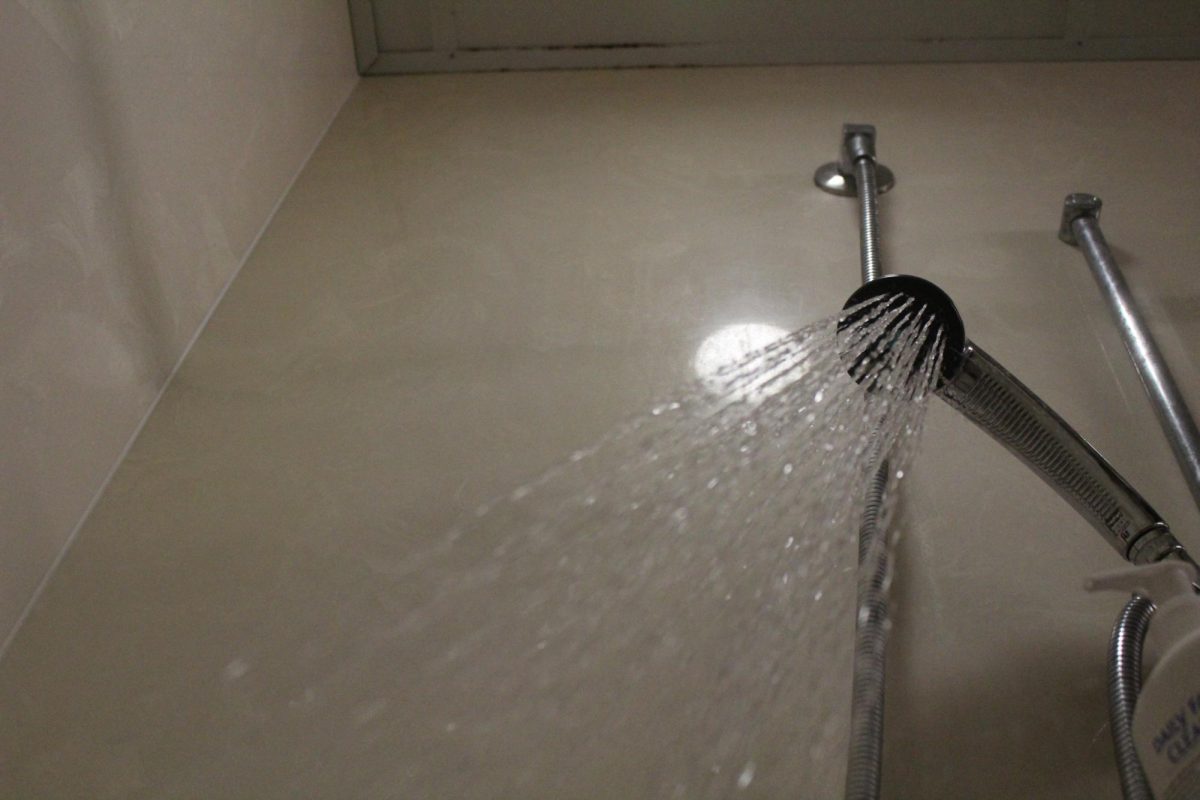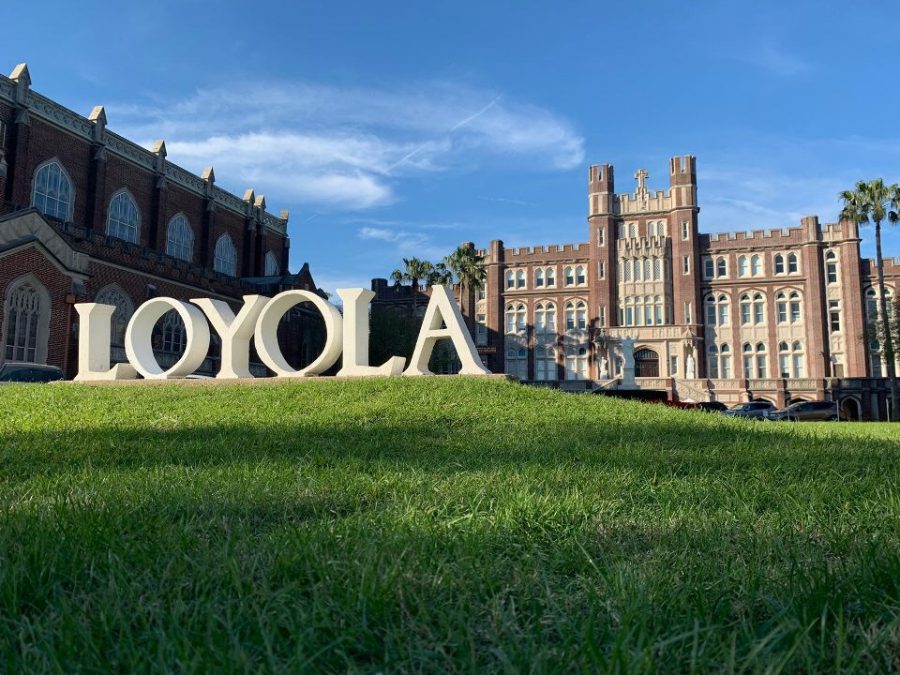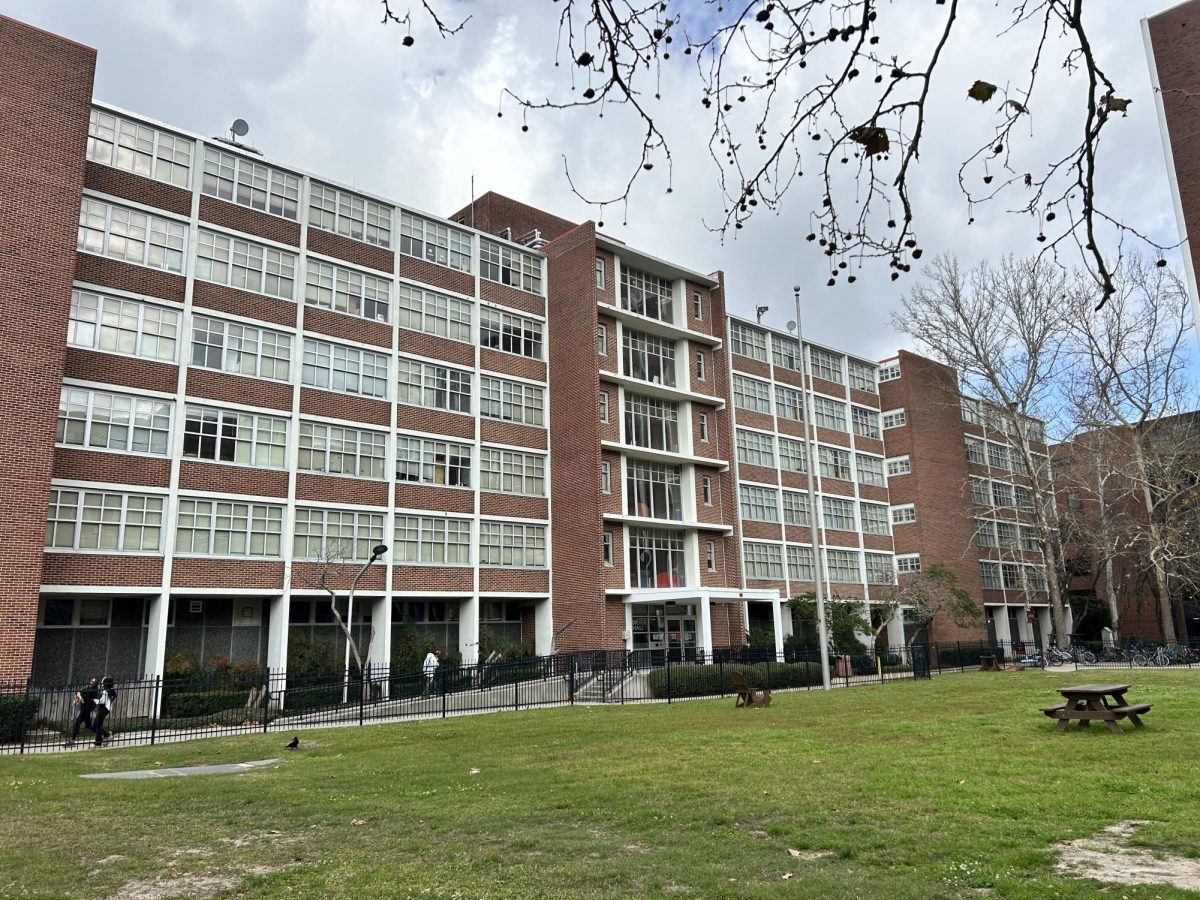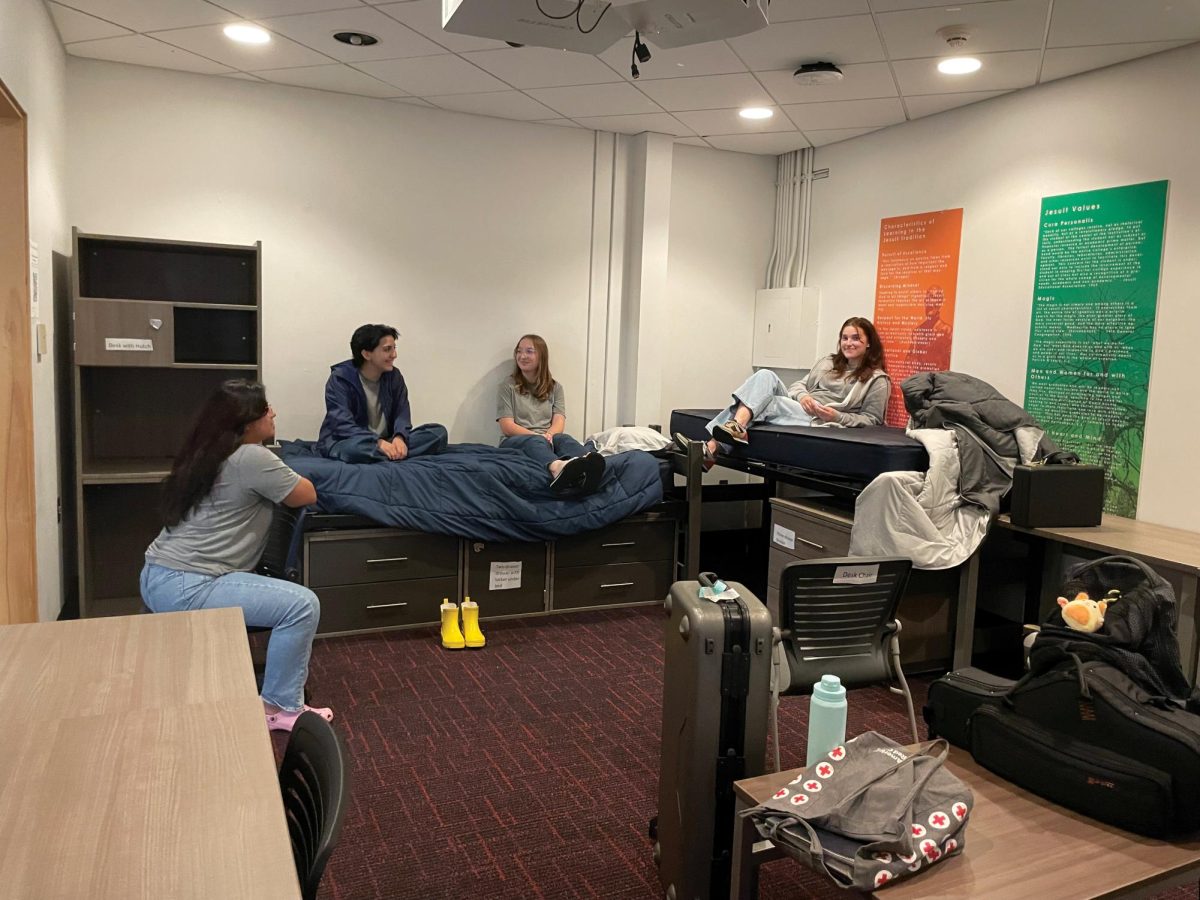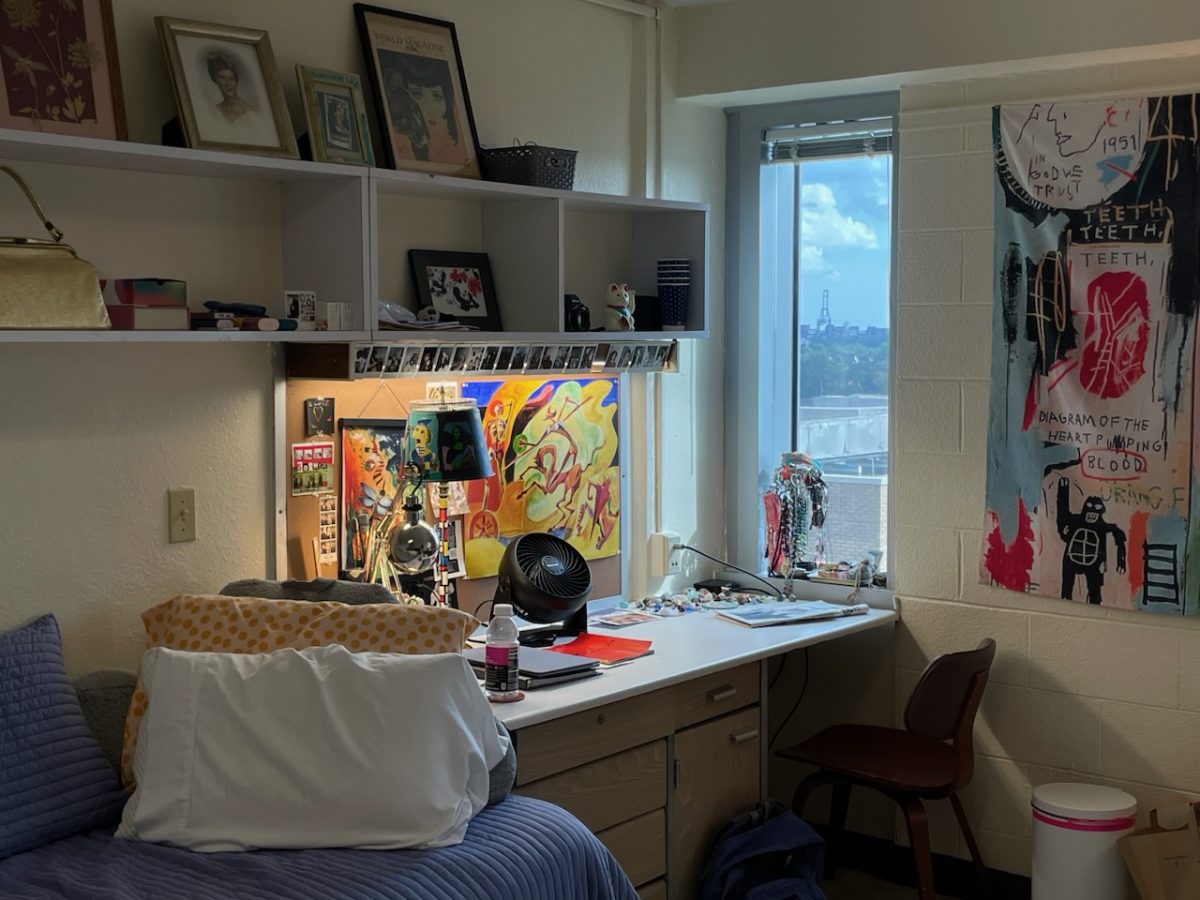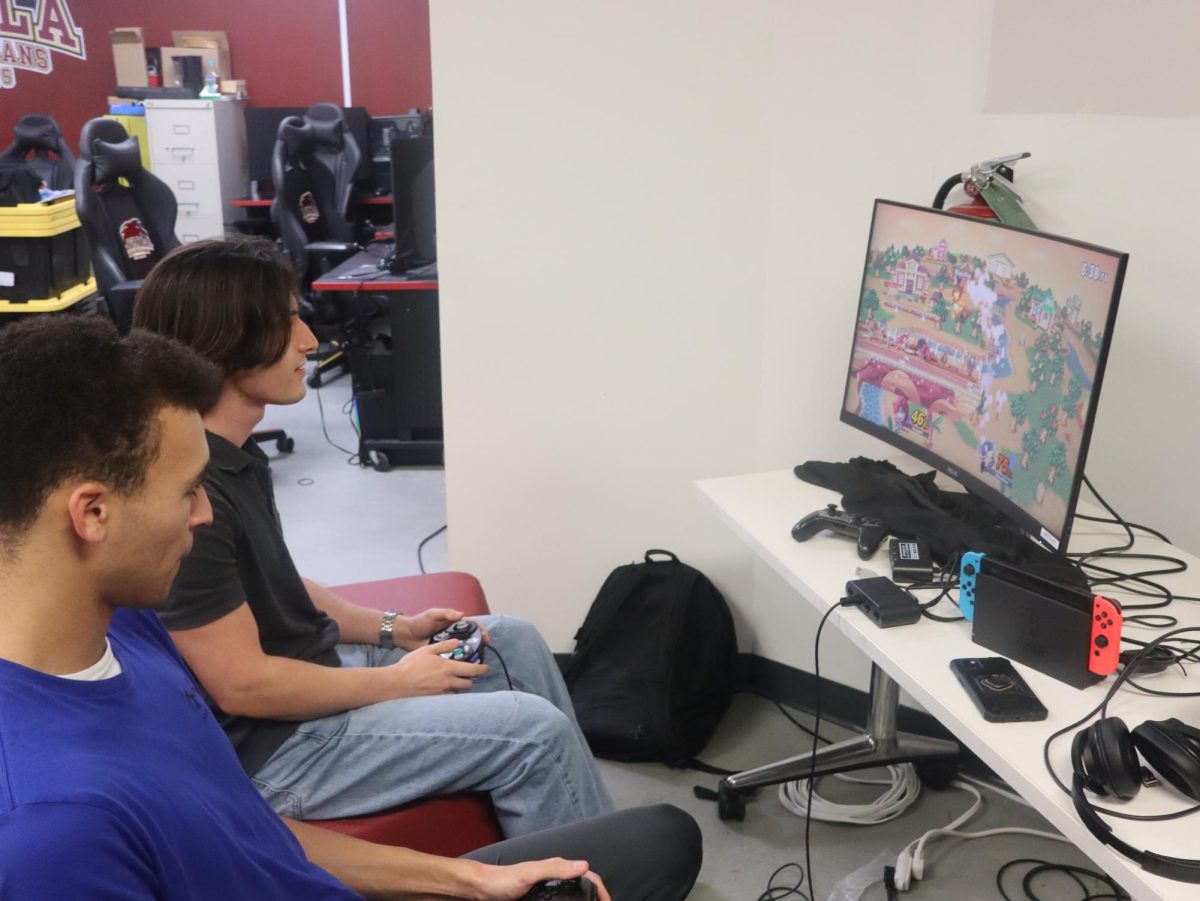When Loyola sophomore Meghan Hall woke up for her morning shower in early March, the water was ice cold in Francis Hall. This came after months of plumbing issues in the building, including a hot water disruption which lasted over 24 hours.
“The water wouldn’t get hot even in the hottest setting. It’s frustrating because we can’t do anything to fix it,” Hall said.
Francis Hall, the upper-classmen residence hall of the main campus, has been dealing with plumbing issues since the beginning of the 2023-24 school year. From hot water shortages to fluctuating water pressure, residents have been expressing concern.
According to director of facilities Kyle Gregore, these issues stem from Francis Hall’s vertical layout. The building relies on special equipment known as booster pumps to push the hot water up the pipes. The regular lifespan for this equipment is around 20 years; however, the ones in Francis Hall are 27-years-old, causing frequent disruptions in hot water and pressure throughout the school year.
The facilities department secured a replacement for the booster pumps which would resolve these issues for the residents of the building. They were scheduled to finally be replaced by mid-March.
But on March 10, hot water disruptions were reported in several buildings on the main campus, which led to most of the main campus not having hot water for two days.
The facilities department identified the problem when they found a series of ruptured pipes around campus, caused by a buildup of pressure. These pipes deliver both hot and cold water from the central plant to the buildings on campus. The New Orleans Sewage and Water Board, the provider of water for the city, identifies its water as “hard water,” due to the high amount of dissolved minerals in the water. The pressure buildup that ruptured the pipes was due to calcium buildup in the boiler lines.
The facilities department treats all the water on campus with additives to prevent calcification but some pipes still ruptured and had to be taken off line to be fixed.
Gregore said that the university currently has a water maintenance contract in place to help prevent any more hot water disruptions in the future. The department of facilities is also in the process of replacing the damaged pipes and the ones that show signs of calcification.


